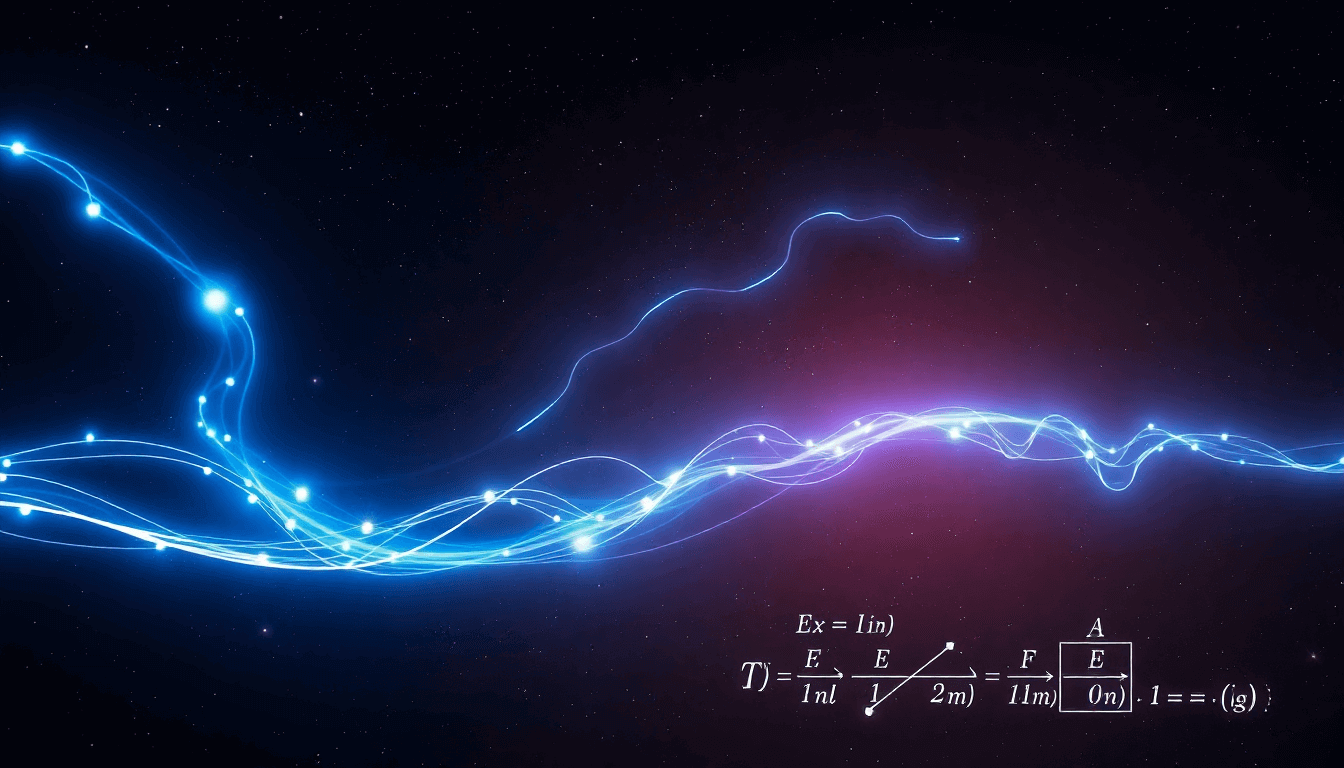Black holes are some of the most enigmatic and awe-inspiring objects in the universe. These cosmic behemoths, formed from the gravitational collapse of massive stars, possess a gravitational pull so strong that not even light can escape their grasp. Yet, despite their formidable nature, black holes have captured the imagination of scientists and the public alike, serving as a gateway to understanding the fundamental laws of the universe.
The Birth of a Black Hole
The journey to becoming a black hole begins with the life cycle of a star. As a star ages, it undergoes a series of dramatic transformations, eventually shedding its outer layers and leaving behind a dense core. The fate of this core depends on its mass - if it is sufficiently massive, the force of gravity will overcome the outward pressure, causing the core to collapse in on itself.
This collapse is a pivotal moment in the formation of a black hole. As the core continues to shrink, the density and gravitational pull increase exponentially, until a point is reached where the escape velocity from the object exceeds the speed of light. This point of no return is known as the event horizon, and it marks the boundary of the black hole.
The Singularity: A Cosmic Abyss
At the very center of a black hole lies a singularity, a point where the laws of physics as we know them break down. Within the event horizon, the curvature of spacetime becomes so extreme that it defies our understanding of the universe. The singularity represents the ultimate limit of our knowledge, a place where the very fabric of reality is torn asunder.
Imagine a vast, bottomless pit, where the normal rules of space and time no longer apply. This is the singularity, a cosmic abyss that swallows up everything that dares to venture too close. It is a place where the very concept of "up" and "down" becomes meaningless, where the very essence of matter and energy is stripped away.
The Secrets of Hawking Radiation
One of the most remarkable discoveries about black holes came from the work of the renowned physicist, Stephen Hawking. In the 1970s, Hawking proposed that black holes are not entirely black, but rather they emit a faint glow of radiation, now known as Hawking radiation.
This revelation challenged the long-held belief that black holes were completely impenetrable. Hawking's groundbreaking work showed that, due to quantum mechanical effects, particles and their antimatter counterparts can spontaneously appear near the event horizon. When one of these particle-antiparticle pairs falls into the black hole, the other particle can escape, carrying away a small amount of energy and mass.
The implications of Hawking radiation are profound. It suggests that black holes are not eternal, but rather they slowly evaporate over time, eventually disappearing altogether. This process, known as Hawking evaporation, has far-reaching consequences for our understanding of the universe and the nature of gravity.
Gravitational Waves and the Dance of Black Holes
The discovery of gravitational waves in 2015 by the Laser Interferometer Gravitational-Wave Observatory (LIGO) has further expanded our understanding of black holes. These ripples in the fabric of spacetime are generated by the violent collisions and mergers of black holes, providing a unique window into the dynamics of these cosmic giants.
By studying the patterns and characteristics of gravitational waves, scientists can glean valuable insights into the properties of black holes, such as their mass, spin, and the nature of their interactions. This has led to the detection of numerous black hole mergers, each one a testament to the incredible power and complexity of these celestial phenomena.
The Mysteries of Black Holes
Despite the remarkable progress in our understanding of black holes, there is still much that remains unknown. The singularity at the center of a black hole, for example, is a region where our current theories of physics break down, leaving us with more questions than answers.
One of the most intriguing mysteries surrounding black holes is the concept of the information paradox. This paradox arises from the fact that, according to our understanding of quantum mechanics, information should be conserved, but the existence of a singularity within a black hole suggests that information may be lost forever.
The Multiverse and the Fate of the Universe
The study of black holes has also led to speculations about the existence of a multiverse, a vast network of parallel universes that may be connected through the event horizons of black holes. Some scientists believe that the collapse of matter within a black hole could lead to the creation of a new universe, with its own laws of physics and its own set of celestial bodies.
As we continue to explore the mysteries of black holes, we may uncover clues about the ultimate fate of our own universe. Will it one day succumb to the relentless pull of gravity, collapsing into a single, all-consuming black hole? Or will it continue to expand, eventually reaching a state of eternal, cold darkness?
These are the questions that drive scientists and thinkers alike, as they strive to unravel the secrets of the universe's most enigmatic and powerful entities. Black holes may be the ultimate vacuum cleaners of the cosmos, but their true nature remains one of the greatest unsolved puzzles in all of science.
Conclusion: Embracing the Unknown
As we delve deeper into the mysteries of black holes, we are confronted with the humbling realization that there is still so much we do not know about the universe. Yet, this very uncertainty is what makes the study of black holes so captivating and rewarding.
By embracing the unknown, we open ourselves up to new possibilities, new discoveries, and new ways of understanding the fundamental laws that govern our reality. Black holes may be the ultimate cosmic enigmas, but they also serve as a reminder that the pursuit of knowledge is an endless journey, one that promises to reveal the most profound secrets of the universe.
So, let us continue to explore the dark, mysterious realms of black holes, to push the boundaries of our understanding, and to uncover the hidden truths that lie at the heart of the cosmos. For in doing so, we may just unlock the keys to the very nature of existence itself.
















